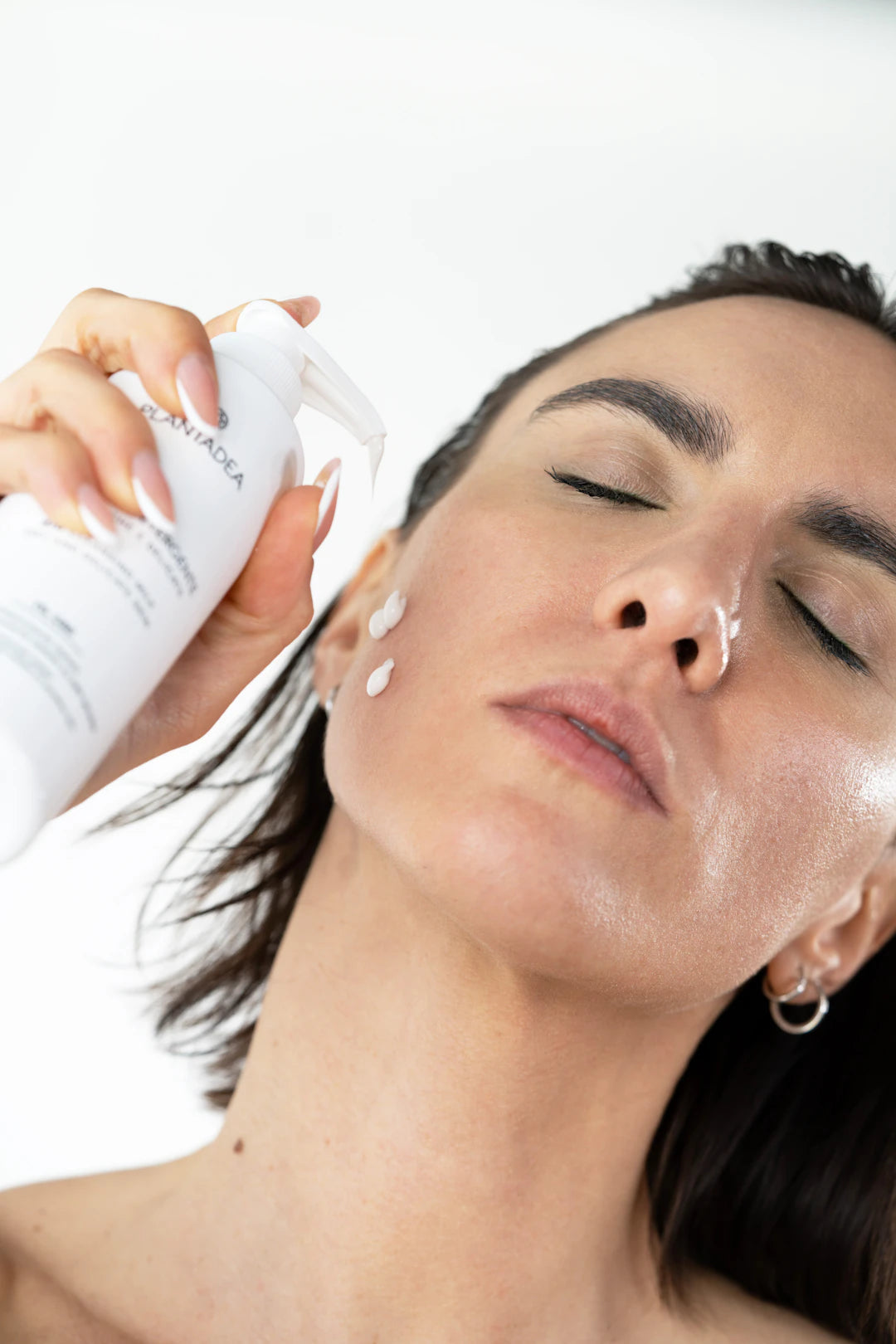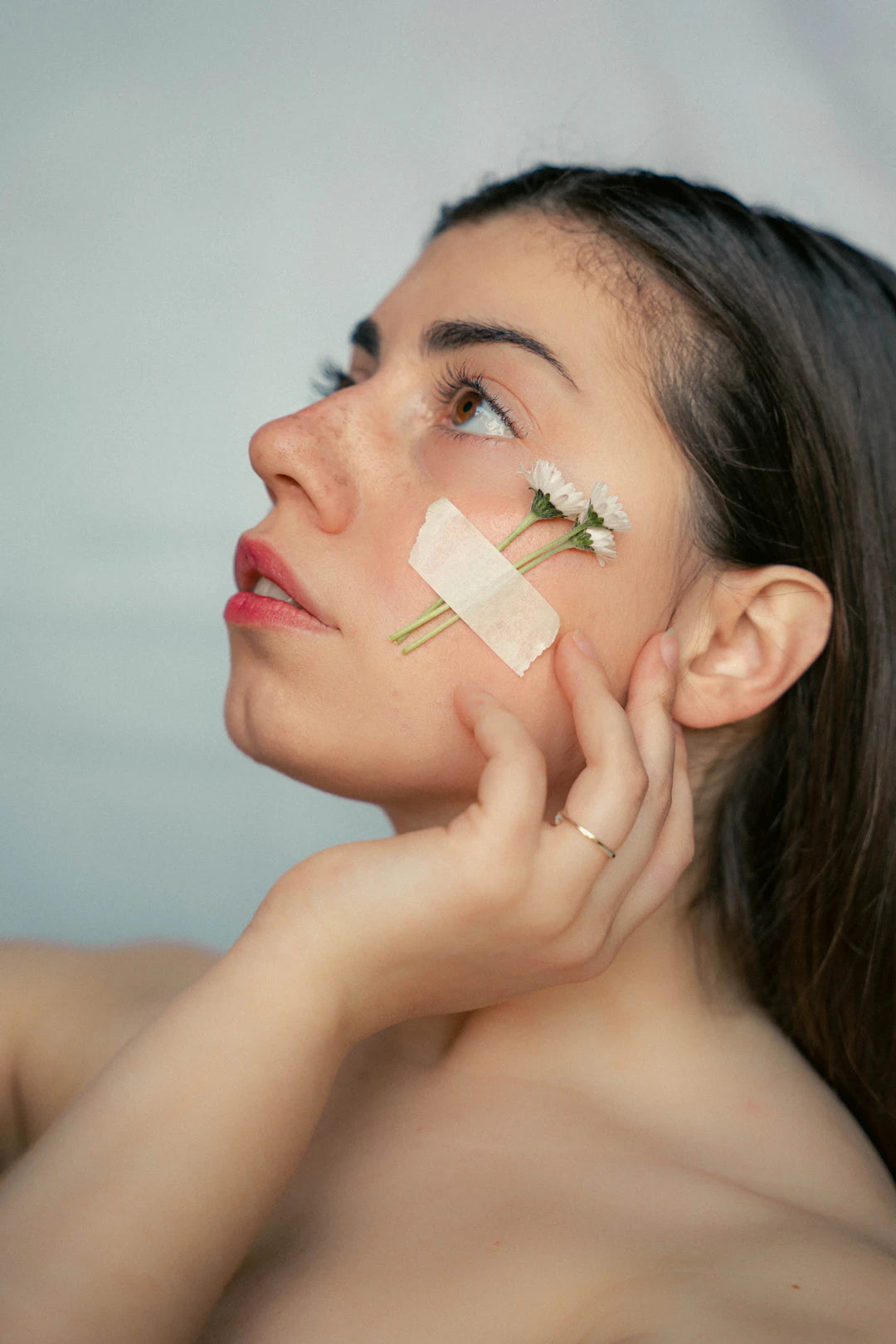Sunscreen: Your Best Defense Against Skin Aging

Frequently Asked Questions
1. Why is sunscreen important for skin aging?
2. What does broad-spectrum sunscreen protect against?
3. How often should I reapply sunscreen?
4. What SPF level is recommended for optimal protection?
5. Do people with darker skin need sunscreen?
In the quest for youthful skin, one crucial weapon stands out in our arsenal: sunscreen. Often underestimated, sunscreen not only protects your skin from harmful UV rays but also plays an essential role in combatting skin aging. As we age, our skin becomes more susceptible to damage. Thus, incorporating a broad spectrum sunscreen into your daily regimen is imperative for maintaining healthy, radiant skin.
Understanding Skin Aging
To appreciate the importance of sunscreen, it's essential to understand how and why our skin ages. Skin aging results from a combination of intrinsic factors (natural aging) and extrinsic factors (environmental influences). Intrinsic aging is an inevitable process influenced by genetic factors, while extrinsic aging is largely due to environmental aggressors, especially sun exposure.
How Sun Exposure Affects Your Skin
Sun exposure is a leading cause of premature skin aging. The ultraviolet (UV) rays from the sun penetrate the skin, causing damage to collagen and elastin fibers. This leads to the development of fine lines, wrinkles, pigmentation, and an overall dull appearance. Over time, excessive sun exposure can result in more severe conditions, such as skin cancer.
How Sunscreen Works
Sunscreen acts as a protective barrier, shielding your skin from harmful UV rays. Broad-spectrum sunscreens protect against both UVA rays, which cause aging, and UVB rays, which lead to sunburn. By blocking these rays, sunscreen helps prevent skin damage and the signs of aging.
SPF and Its Importance
When selecting a sunscreen, consider the Sun Protection Factor (SPF) rating. The SPF indicates how long you can stay in the sun without getting sunburned compared to wearing no sunscreen. However, SPF does not measure the level of UVA protection, which is just as crucial in preventing skin aging. A broad-spectrum sunscreen with an SPF of 30 or higher is generally recommended for optimal protection.
Incorporating Sunscreen into Your Skincare Routine
Integrating sunscreen into your daily skincare routine is essential, regardless of the weather or your outdoor plans. Here are some tips to ensure you're getting the most out of your sunscreen:
- Apply Generously: Use enough product to cover all exposed skin. A general rule is to apply about a nickel-sized amount for your face and a shot glass amount for your entire body.
- Reapply Regularly: Reapply your sunscreen every two hours, or immediately after swimming or sweating, to maintain its effectiveness.
- Layer It On: Sunscreen should be the last step in your skincare routine. After applying your hydrating skincare bundle, finish with sunscreen to ensure a protective barrier is established.
Choosing the Right Sunscreen for Your Skin Type
Understanding your skin type can significantly influence your sunscreen choice. Here are some considerations:
- Oily Skin: Opt for oil-free, non-comedogenic formulas that won’t clog pores.
- Dry Skin: Choose a hydrating sunscreen that contains moisturizing ingredients to boost hydration.
- Sensitive Skin: Look for physical sunscreens with zinc oxide or titanium dioxide, as they tend to be gentler on sensitive skin.
Complementing Your Sunscreen with Skincare
While sunscreen is a non-negotiable step in your skincare regimen, it works best when combined with a complete skincare routine. A hydrating skincare bundle can enhance the effectiveness of sunscreen and improve your skin's overall health.
The Role of Hydration
Hydrated skin is healthier, appears more plump, and has a radiant glow. Including a hydrating skincare bundle in your daily routine—featuring moisturizers, serums, and hydrating toners—can help strengthen your skin's barrier. This fortification makes it more resilient against environmental aggressors, including UV rays.
Additional Tips for Protecting Your Skin
Besides sunscreen, there are several other strategies to protect your skin from aging due to sun exposure:
- Seek Shade: Whenever possible, seek shade, especially during peak sun hours (10 AM to 4 PM).
- Wear Protective Clothing: Long-sleeved shirts, wide-brimmed hats, and UV-blocking sunglasses can provide added protection against sun exposure.
- Avoid Tanning Beds: Tanning beds emit harmful UV rays that can accelerate skin aging and increase skin cancer risk.
- Stay Hydrated: Drinking plenty of water not only hydrates your body but also contributes to healthier-looking skin.
Myths About Sunscreen and Skin Aging
With so much information circulating on the internet, it can be easy to fall for myths surrounding sunscreen and its role in skin aging. Here are a few common misconceptions:
Sunscreen is Only Necessary on Sunny Days
Many believe that sunscreen is only needed when it's sunny outside. In reality, UV rays can penetrate through clouds, and you can be exposed during overcast days as well. Sunscreen should be applied daily, rain or shine.
Dark Skin Doesn't Need Sunscreen
This myth is particularly dangerous. While it's true that darker skin has more melanin, which provides some natural protection against UV rays, this does not mean that people with darker skin are immune to sun damage or skin cancer. Everyone needs sunscreen, regardless of skin tone.
Once You Apply Sunscreen, You’re Good to Go
Sunscreen needs to be reapplied regularly throughout the day to maintain its protective benefits. Swimming, sweating, or even prolonged exposure to the sun can diminish its effectiveness, making it crucial to reapply every two hours.
The Takeaway: Elevate Your Skincare with Sunscreen
Adopting a rigorous skincare routine that includes sunscreen is essential for anyone looking to fight skin aging effectively. By proactively protecting your skin from UV damage with sunscreen, alongside a comprehensive hydrating skincare bundle, you can maintain a youthful appearance for years to come. Remember that prevention is the key to longevity in skincare. Empower your skin's health today, and commit to using sunscreen every day—because your skin deserves the best defense against the effects of time and the sun.


